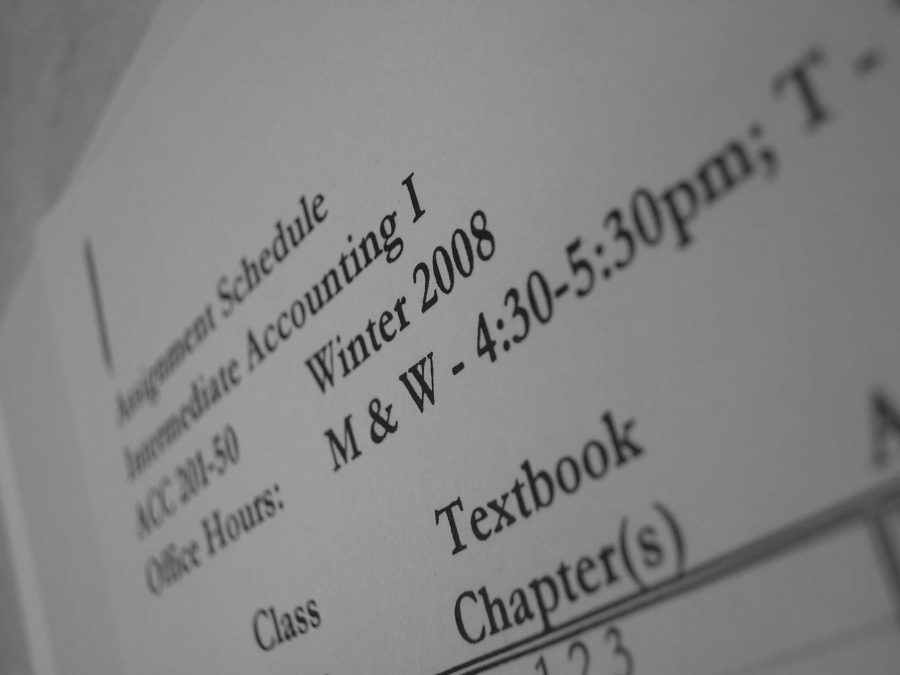By Brianna Allard
Recently, the New York Times published an article on the most important part of college: syllabi. The study describes the metadata of over a million syllabi from all different colleges. Now, it is no surprise that the survey they conducted found that many different syllabi share the same course readings. It is worth noting that these shared readings come from the traditional Western canon. The Western canon is composed of works such as Karl Marx’s the “Communist Manifesto,” Plato’s “Republic” and Shakespeare. All of these texts are written by authors from the Western world. Of course, some of these texts can be taught in multiple subjects, but there is still a notable pattern in the selection of texts within academia.
Where does Fordham fit into the scheme of this new study? Fordham’s curriculum follows this tendency towards the Western canon. As a sophomore, I have read many of the works mentioned in the article. Even if Fordham syllabi were not counted in the survey, I have encountered many syllabi in my four semesters at Fordham that prove its point.
Fordham stands out from other schools in many ways, but it can be assumed that the classes that other universities offer include very similar readings to the syllabi here at Fordham, which means that other universities across the country play into this Western canon as well.
Furthermore, the core curriculum here is focused on the Western world and the Western canon. For example, our philosophy classes focus on the popular philosophers from the Western world and our theology classes focus on the religions of the Western world, mostly Christianity. Even our core classes, which have the flexibility to stray from the Western canon, focus on Western readings. Only one-third of Understanding Historical Change classes focus on the so-called East. And only one of seven fine arts core classes is not focused on the Western world.
Obviously, we have a problem on our hands. Many students across the country are only learning about the history, traditions, faith and beliefs of half of the world. The Eastern world is left out of higher education. This is unacceptable. Every year, millions of students enroll in universities across the country and around the world to become educated and well-rounded. Yet these students are being cheated of this opportunity. By only exposing their students to the Western education professors are not fully meeting this responsibility.
Fortunately, this problem can be solved. We need to incorporate more Eastern literature into more classes. Fordham prides itself on its core curriculum, which produces graduates who are experts not just in their majors, but knowledgeable in other topics as well. By incorporating Eastern literature into its curriculum, not only will Fordham’s graduates be well-rounded individuals, but they will be well-rounded global individuals. In today’s society, we need to be global individuals, since the world around us is integrated and global. In order to fully contribute to that global society, we ourselves need to be global citizens.
By adding Eastern literature into the academic world that is college, the next generation can be the global citizens the world needs.
Brianna Allard, FCRH’18, is an international studies major from Somers, Connecticut.










































































































































































































TJ • Apr 25, 2016 at 11:47 am
Sun Tsu is a good read. Buddha is too religious., as is Confucius.